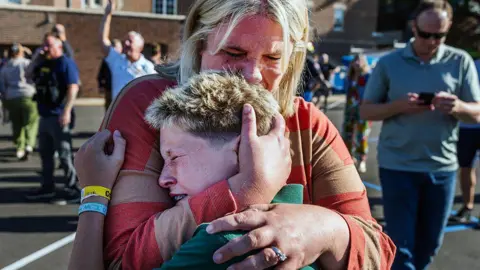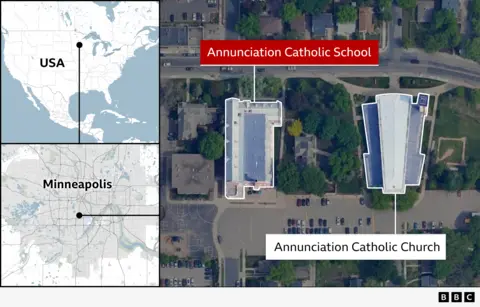For many Australians, Saturdays symbolize relaxation and leisure. But for Elizabeth Young, they are a painful reminder of her daughter Jade's tragic murder at Westfield Bondi Junction. “It’s the stuff of nightmares,” she lamented during an inquiry into the mass killing, which claimed six lives and injured ten others on April 13, 2022. The inquiry’s goal is to understand how a man with a history of mental illness was able to carry out such a violent act in a crowded shopping center.
The day of the attacks began as a mild Saturday afternoon, just as school holidays commenced. It was on this day that 40-year-old Joel Cauchi walked into the shopping center, armed with a 30cm knife. In less than three minutes, he fatally stabbed six people, including Young, 47, and Yixuan Cheng, 27. Within five minutes of starting his rampage, police arrived on the scene, fatally shooting Cauchi.
The trauma of that day reverberated through the community and the nation, with families expressing heartache at the inquiry. For many, the shocking attack was a wake-up call to the urgent need for better mental health interventions and public safety measures. Elizabeth Young criticized the systemic failures that led to her daughter’s death, stating, “My daughter and five others were killed by cumulative failures.”
The inquiry focused on Cauchi's tumultuous mental health journey, marked by a schizophrenia diagnosis at 17. After years of treatment, he had ceased taking his antipsychotic medications under a doctor's supervision, raising alarms among his family. After moving away from home and losing contact with mental health services, Cauchi developed alarming behaviors and showed signs of deteriorating mental health without receiving necessary medical care.
As the inquiry delved into the timeline leading to the attack, discrepancies in police reports and mental health assessments became apparent. For instance, multiple interactions with police and medical professionals failed to trigger a cohesive response to his increasingly erratic behavior. In one instance, a police call about a disturbance at Cauchi's home resulted in a missed opportunity for intervention, with officers deeming him not a threat.
Testimony from family and medical professionals highlighted gaps in responses to mental health crises. Psychiatrists noted that treatment protocols, especially regarding antipsychotic medications, were not followed. This evident negligence raises questions about mental health care and intervention strategies throughout the country.
With ongoing discussions about the implications of the inquiry, families of the victims seek transparency and accountability, aiming to ensure that their loved ones' deaths lead to meaningful reform. The NSW Coroner is expected to deliver recommendations later this year. Elizabeth Young encapsulated the pain felt by many families, lamenting her profound sense of loss while calling for the acknowledgment of the mental health crisis that contributed to the tragedy.



















